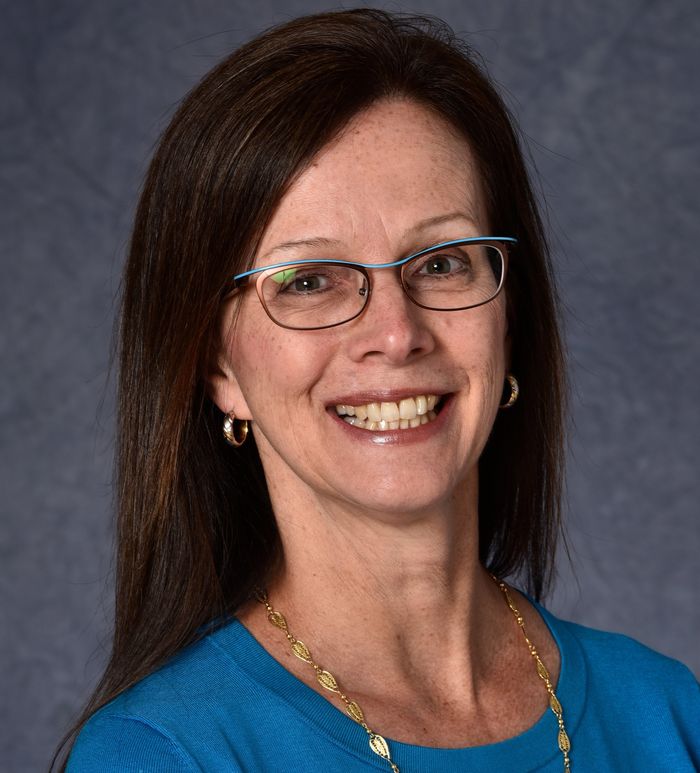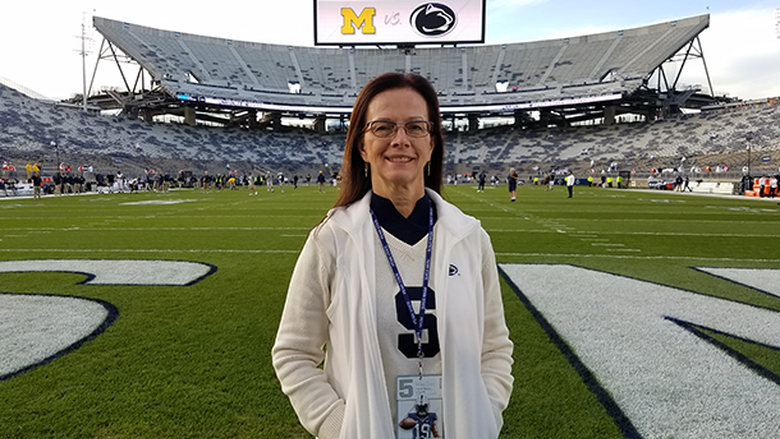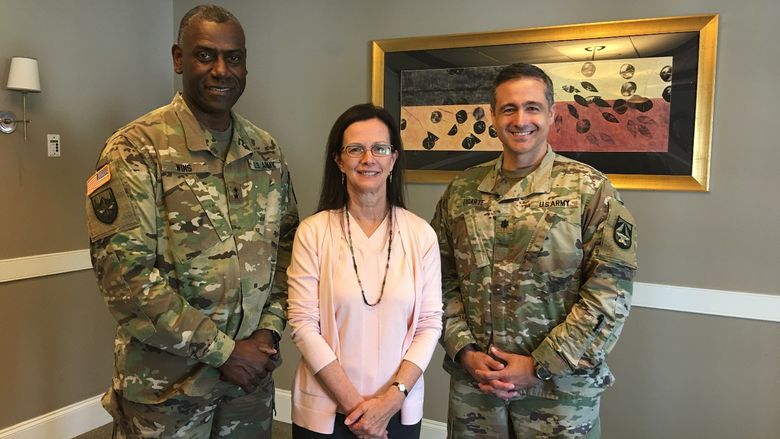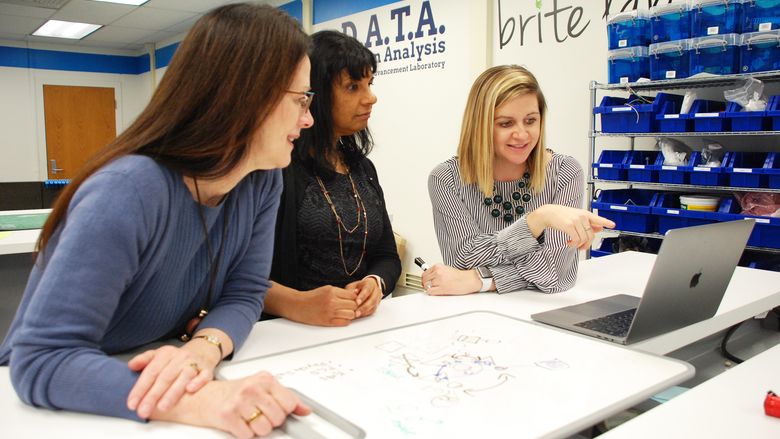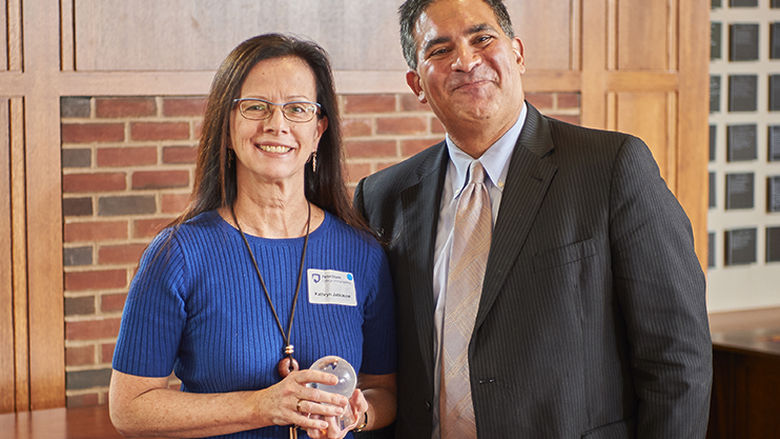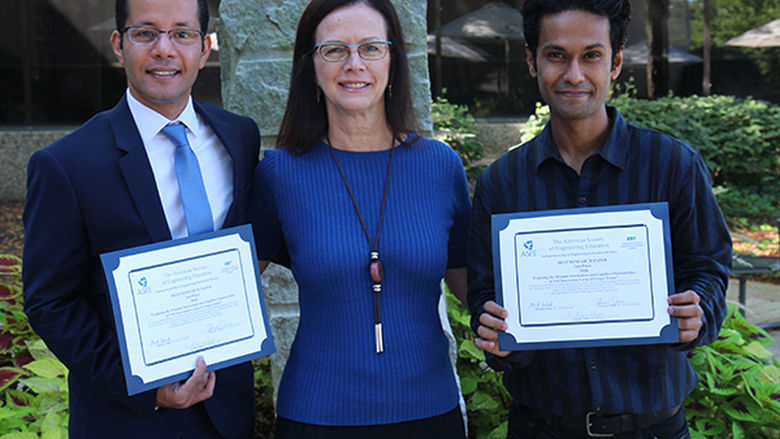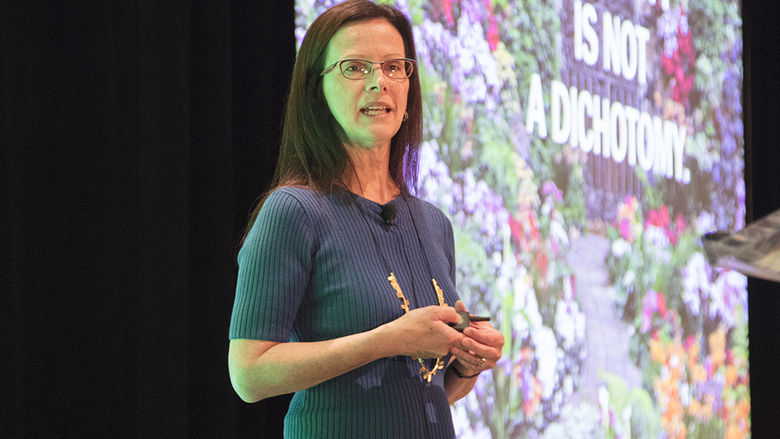UNIVERSITY PARK, Pa. — Kathryn W. Jablokow, professor of engineering design and mechanical engineering and associate chief academic officer at Penn State Great Valley, is headed to Alexandria, Virginia, for a two-year term as program director for the National Science Foundation's Engineering Design and Systems Engineering program in the Division of Civil, Mechanical and Manufacturing Innovation.
The rotator program offers a chance for scientists, engineers and educators to join NSF as temporary program directors. Rotators make recommendations about which proposals to fund; influence new directions in the fields of science, engineering, and education; support cutting-edge interdisciplinary research; and mentor junior researchers.
"I look forward to interacting with researchers across the country and encouraging more investigators to participate in NSF's Engineering Design and Systems Engineering program," said Jablokow.
Rotators collaborate with others and survey the entire breadth of U.S. and international science, engineering and education in real time. Temporary program directors retain ties to their current institutions and return to them with new insights and experience.
“The programs and people at NSF are at the center of engineering innovation in this country, and it benefits the entire Penn State community to have our scientists taking part in these collaborative efforts, both providing and gaining insight into where research trends may be headed,” said Lora Weiss, senior vice president for research at Penn State. “We are thrilled to be able to contribute and to continue our relationship with NSF in this way,”.
The Engineering Design and Systems Engineering program supports fundamental research into the basic processes and phenomena of engineering design and systems engineering. The program looks to improve understanding about how processes, organizational structure, social interactions, strategic decision making, and other factors impact success in the planning and execution of engineering design and systems engineering projects.
"I think it is important to expand the scope of engineering design and systems engineering research, encouraging both traditional approaches and those that push boundaries," said Jablokow.
The program also supports advances pertaining to engineering design and systems engineering in areas that include: decision making under uncertainty; problem decomposition and decision delegation; applications of reverse game theory; mechanism design; computer-aided design; design representation; system performance modeling and prediction; design optimization; uncertainty quantification; domain- or concern-specific design methods; and advanced computational techniques for supporting effective human cognition, decision making, and collaboration.
"Dr. Jablokow brings a wealth of research expertise and credibility in engineering design and complex systems to this position," said Robert B. Stone, division director, NSF Division of Civil, Mechanical and Manufacturing Innovation. "NSF thrives on the ability to tap top researchers from our nation's universities to come in and guide our research programs, keep them current and creatively shake them up a bit every now and then for the better. I know Dr. Jablokow can do all three of those things."
Jablokow came to Penn State in 1990 as an assistant professor of mechanical engineering at University Park. She is currently a professor of engineering design and mechanical engineering. She became associate chief academic officer of Penn State Great Valley in 2017.
Her research includes cognition-based design, ideation flexibility, engineering innovation and high-performance design teams. Her teaching focuses on problem solving, creativity and invention and she is a co-creator of a massive open online course on creativity, innovation and change that has served 300,000 students since 2013.
Jablokow received the American Society of Mechanical Engineer's Ruth and Joel Spira Outstanding Design Educator Award in 2016. She is an ASME Fellow, a senior member of the IEEE, and a member of the American Society for Engineering Education. She is also a life member of Phi Kappa Phi and a member of Sigma Xi.
She received her bachelor's, master's and doctoral degrees in electrical engineering from Ohio State University in 1983, 1985 and 1989, respectively.
